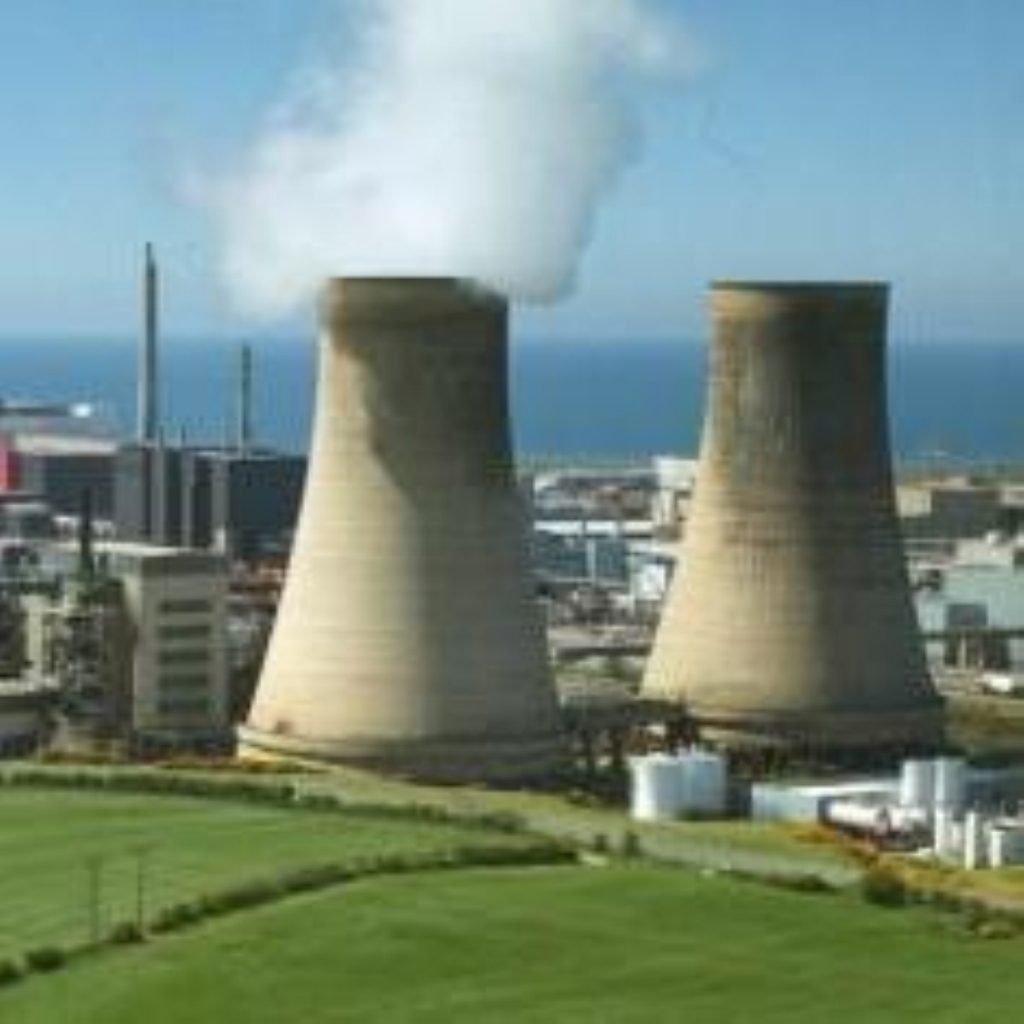MPs call for more consensus on energy policy
Ministers should stop promoting nuclear power as the solution to Britain’s energy needs and focus instead on getting cross-party support for a future strategy, MPs warn today.
The trade and industry committee says Tony Blair’s decision to back nuclear power weeks before the publication of the official energy review tomorrow risks making the whole process look like a “rubber-stamping” exercise.
It warns that Conservative and Liberal Democrat support is vital for any future energy policy, and also stresses any new technologies must be market-driven – which means the government should abstain from presenting any one option as the best.
The prime minister has already stated that he believes nuclear power will be a key part of any future energy mix, although he has stressed this would go alongside greater energy efficiency and the development of renewables.


“It is vital that the government’s energy policy is based on a full consideration of the evidence and has broad political and public support – otherwise, we risk repeating the mistakes of the past,” said Conservative committee chairman Peter Luff MP.
“However, the government’s energy review risks being seen as little more than a rubber-stamping exercise for a decision the prime minister took some time ago.”
Mr Blair’s support for nuclear energy, even as part of a mix of sources, has prompted concern among the Liberal Democrats in particular, who warn major subsidies would be necessary to encourage the building of new power stations.
Last week Conservative leader David Cameron insisted there would be no “special favours” for nuclear power if his party was in power, saying the market must decide.
And today’s committee report backs this view, saying that government’s role was to provide the right framework to facilitate the private sector building of new power stations.
“We were told very clearly by the nuclear industry that they neither needed nor wanted public subsidy,” Mr Luff continued.
“The only things required to encourage the private sector to invest in new nuclear power stations were a long-term framework for pricing carbon (to reward all low-carbon technologies, both nuclear and renewables) and a streamlining of the planning and licensing regime.”
The committee also says it would have been better for a wider public consultation to have taken place on Britain’s future energy needs before the review was begun. Given that was not the case, the MPs say tomorrow’s statement “cannot be the government’s final word”.












